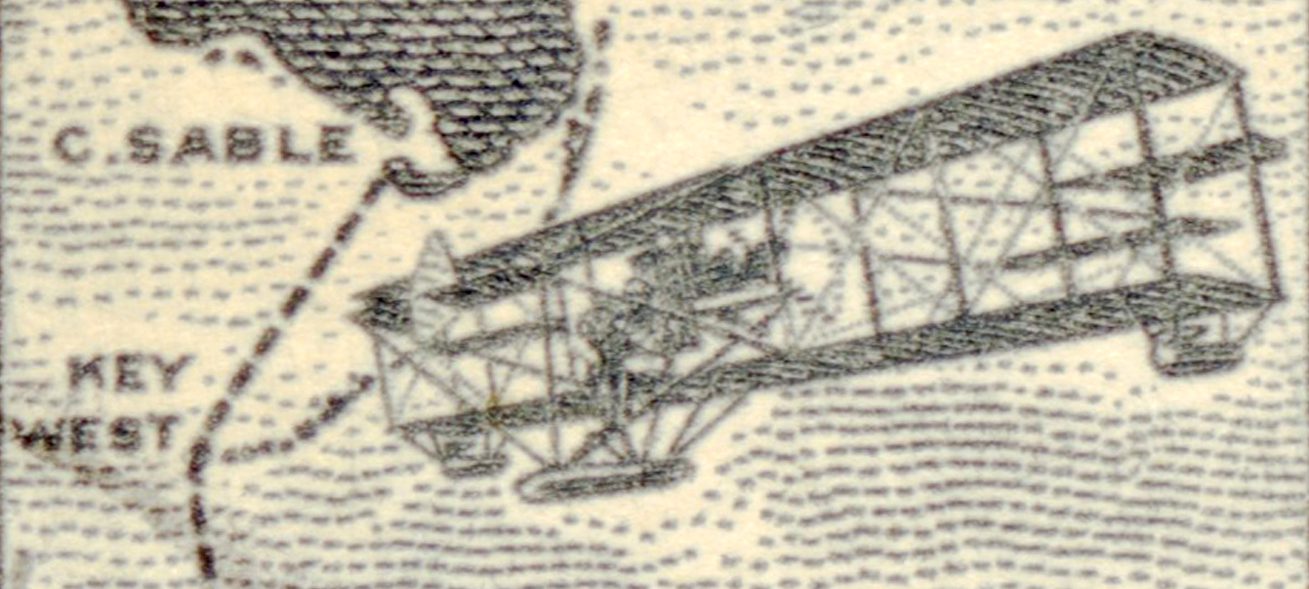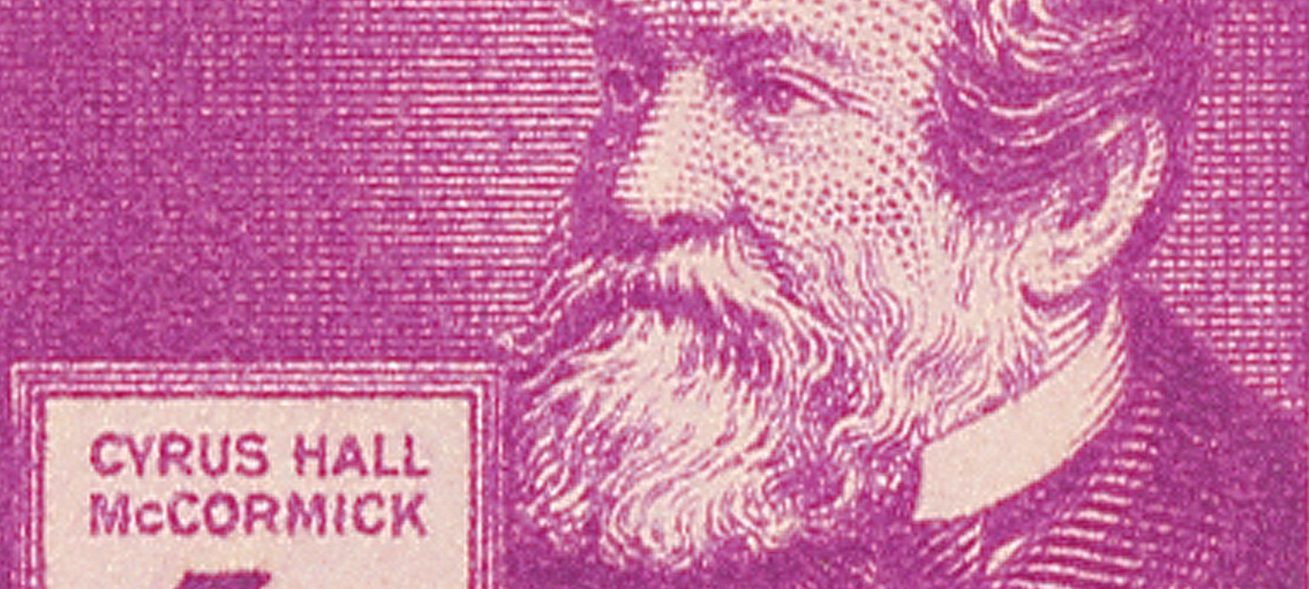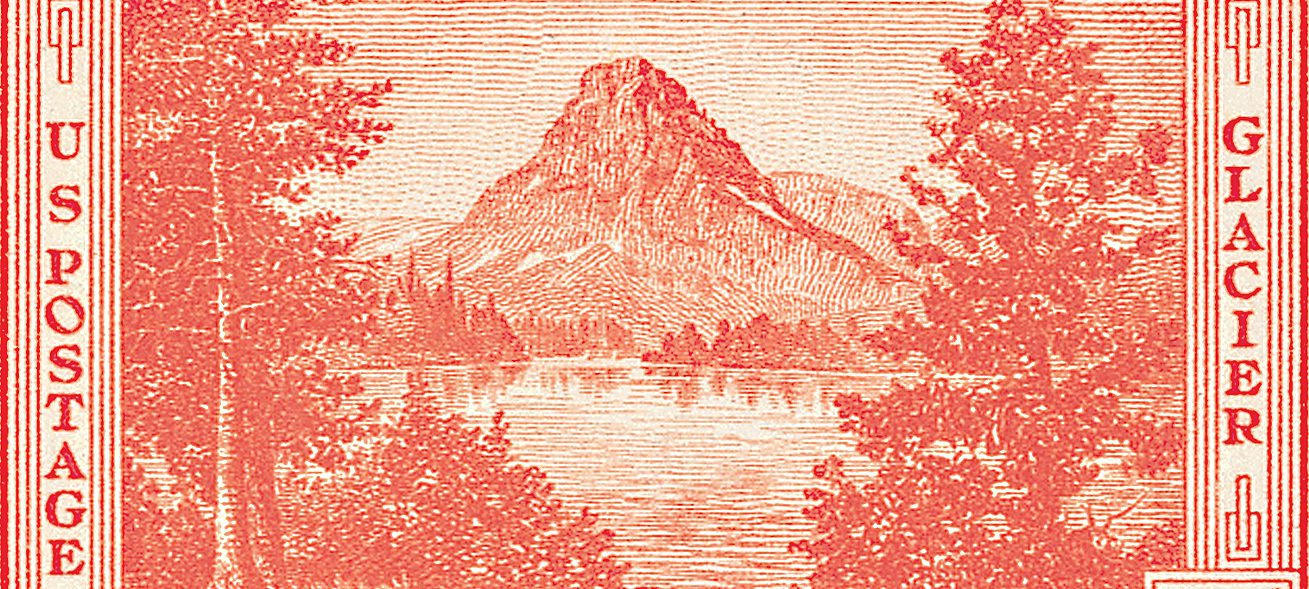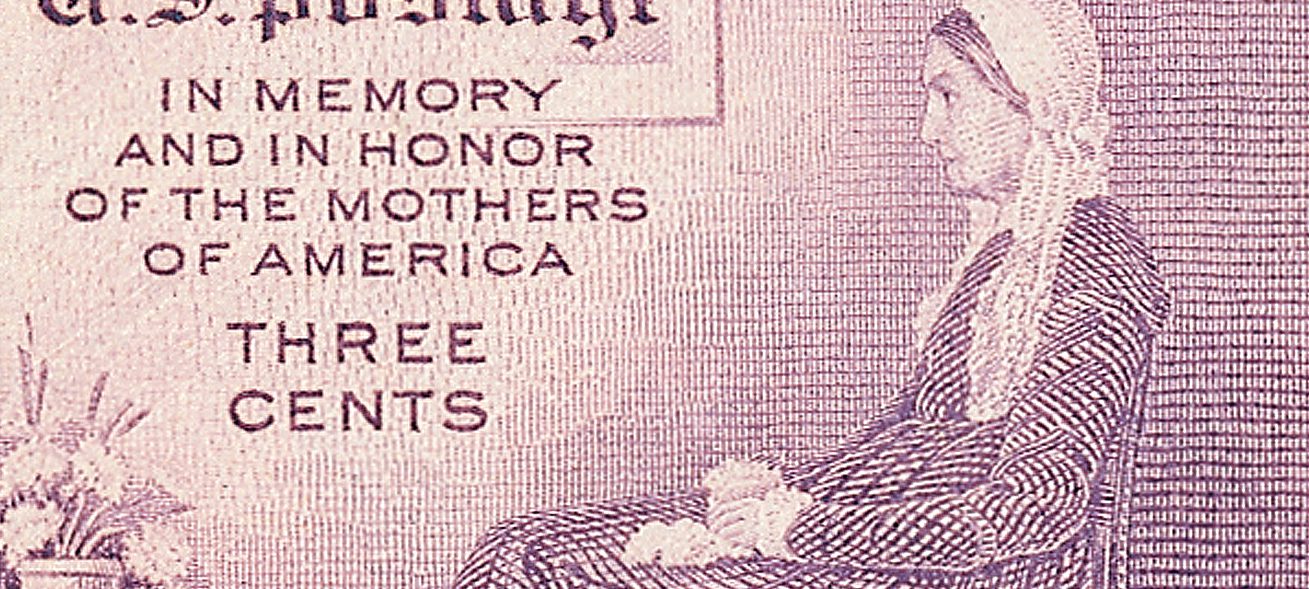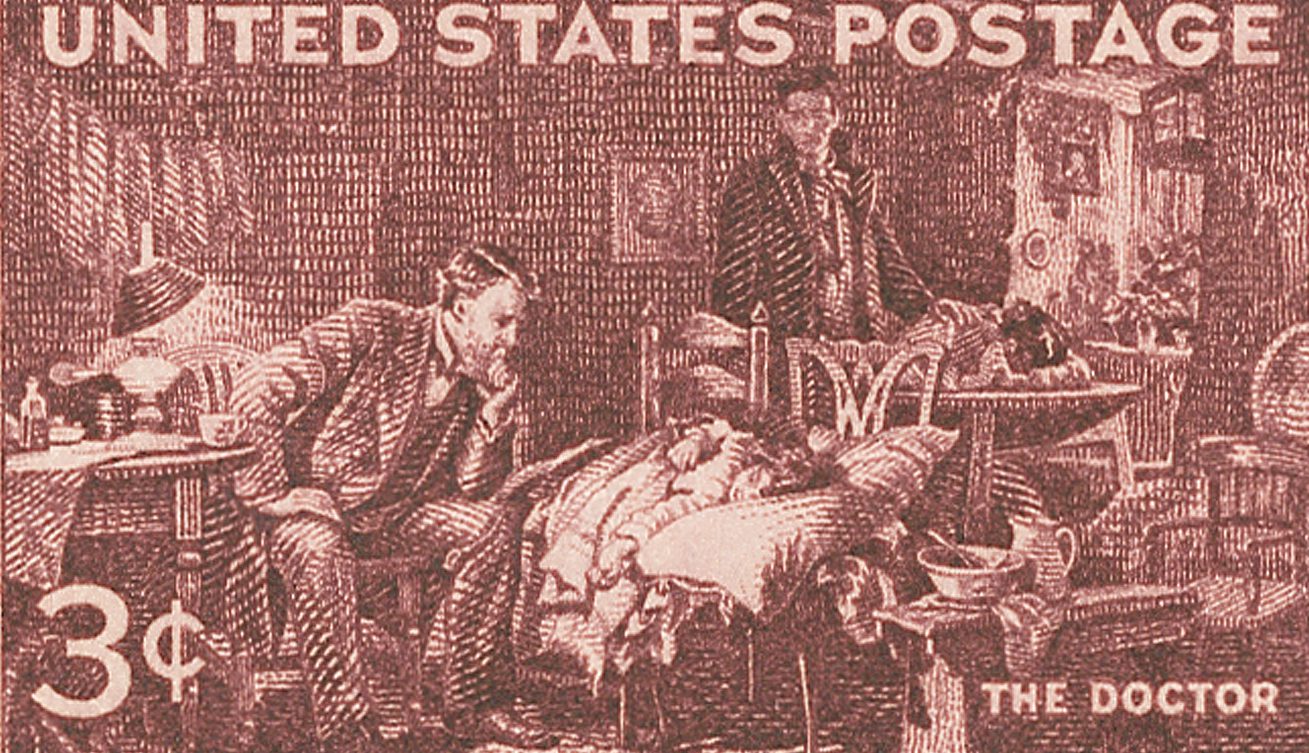First US Airmail Flight
On May 15, 1918, America’s airmail service began when two Curtiss Jennys departed New York and Washington, DC. In the months that followed, pioneering aviators expanded airmail service over the treacherous Allegheny Mountains to Chicago and eventually the west coast.


